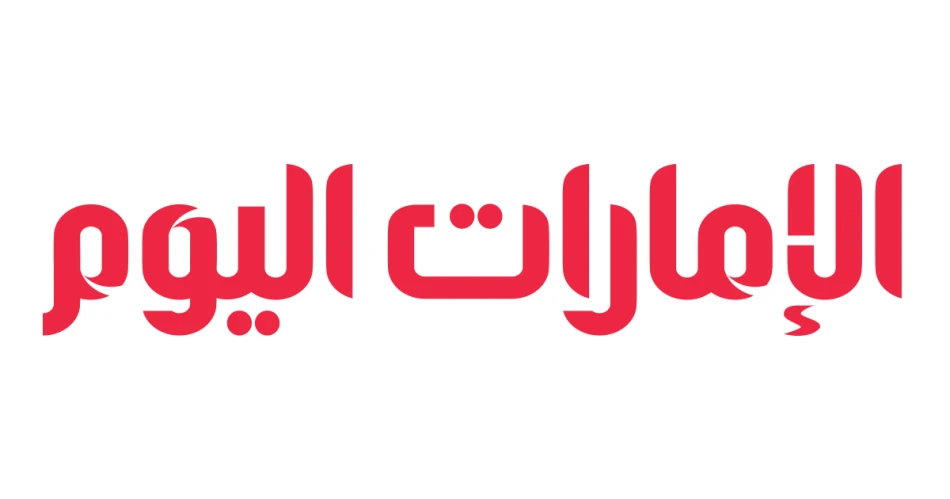
Zamalek Sanctions Fotouh for Skipping Team Camp
Egyptian Football Club Imposes Million-Pound Fine for Player's Deceptive Absence
Egypt's Zamalek Sporting Club has slapped left-back Ahmed Fotouh with a hefty one million Egyptian pound fine after the player falsely claimed a family medical emergency to skip team training, only to be caught attending a music concert at Egypt's North Coast resort area. The incident highlights growing tensions between professional athletes' personal freedoms and club discipline in Middle Eastern football.
The Deception Unravels on Social Media
Fotouh's carefully constructed excuse crumbled when photos surfaced across social media platforms showing him enjoying a musical event at the popular North Coast vacation destination. The images directly contradicted his claim of needing to tend to an ill relative, exposing what club officials viewed as a blatant breach of trust and professional conduct.
Zamalek's official statement revealed that sporting director John Edward, in consultation with football director Abdel Nasser Mohamed, decided on the severe financial penalty alongside suspending the player's wages and launching a formal investigation.
A Pattern of Stricter Discipline in Regional Football
This incident reflects a broader trend across Middle Eastern and North African football clubs toward implementing harsher disciplinary measures. Similar to European clubs' approaches to social media misconduct, regional teams are increasingly using financial penalties as deterrents against behavior they deem unprofessional.
The Social Media Factor
The case underscores how social media has become both a blessing and a curse for modern athletes. While platforms provide valuable personal branding opportunities, they also create unprecedented transparency that makes deceptive behavior nearly impossible to conceal. Fotouh's situation mirrors incidents involving players worldwide who have been caught in compromising situations through social media exposure.
Financial Impact and Career Consequences
The one million Egyptian pound fine represents a significant financial blow, equivalent to several months' salary for many professional players in the Egyptian Premier League. Beyond the immediate monetary impact, the suspension of wages and formal investigation could affect Fotouh's standing within the squad and future contract negotiations.
For Egyptian football, this case sets a precedent for how clubs will handle similar infractions. The severity of the punishment suggests Zamalek is prioritizing team discipline and professional standards over individual star power, potentially influencing how other clubs in the region approach player misconduct.
Broader Implications for Player-Club Relations
This incident illuminates the delicate balance between players' personal lives and professional obligations in modern football. While athletes deserve personal time and privacy, the deceptive nature of Fotouh's absence—rather than the attendance at a social event itself—appears to be the primary concern for club management.
The case also highlights the evolving expectations placed on professional athletes in the digital age, where public appearances and social media activity are increasingly scrutinized by employers, fans, and media alike.
Most Viewed News

 Sara Khaled
Sara Khaled






